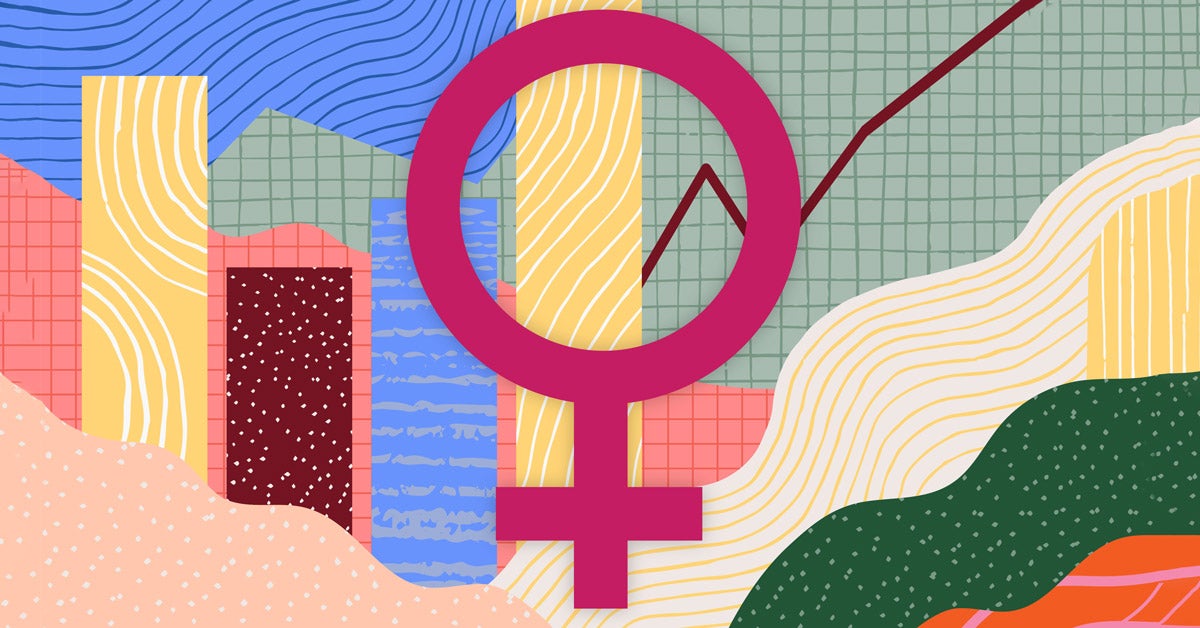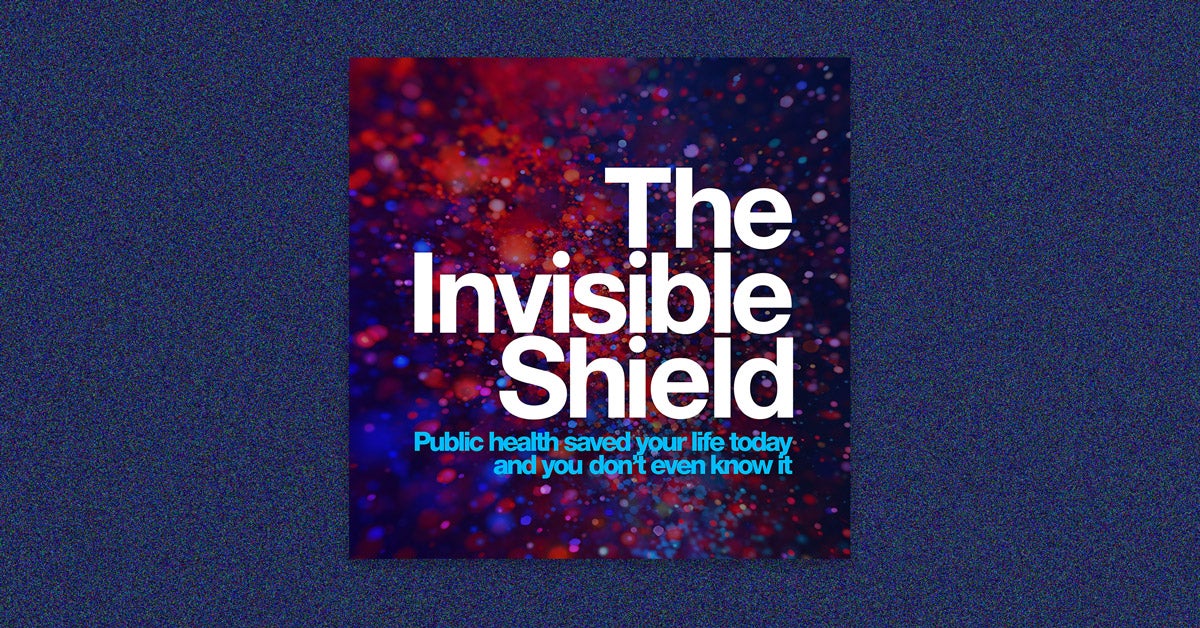Newsletter
HPH Weekly: To reduce women’s health problems, start by erasing inequities
This edition of Harvard Public Health Weekly was sent to our subscribers on May 9, 2024. If you don’t already receive the newsletter, subscribe here. To see more past newsletters, visit our archives.
To reduce women’s health problems, start by erasing inequities

“The history of women’s health is one of neglect,” writes Anita Zaidi, the president of the Bill & Melinda Gates Foundation’s gender equality division. Zaidi urges funders, policymakers, and researchers to “revolutionize women’s health” by providing the field with the money and attention it has historically lacked.
Public health gets a much-needed hug

After the last few years, public health workers could use a morale booster. The Invisible Shield, a new four-part documentary about the field, might just deliver: Ayana Underwood, reviewing the series for HPH, says it excels at storytelling—“a skill desperately lacking in public health.”
Hospitals can better help suicidal teens in the emergency room

Being stuck in the emergency room isn’t good for suicidal teens, but some may need to wait for days or even weeks for an inpatient bed. That’s why Elizabeth Wharff developed a model called family-based crisis intervention (FBCI) to treat less-acute patients in the ER, making both teens and their parents feel safe going home.
As more youth struggle with behavior, clinicians are partnering with lawyers to help
The pandemic has left many U.S. students struggling with behavioral issues in school. Doctors and lawyers are collaborating to connect students’ medical needs to their legal rights—with the aim of creating a better environment for everyone.
This article was originally published by The Hechinger Report.
What we’re reading this week
How the medical field is failing menopausal women →
The Washington Post
Your phone can tell when you’re depressed →
Vox
Are we talking too much about mental health? →
The New York Times
California is investing $500M in therapy apps for youth. Advocates fear it won’t pay off. →
KFF Health News
Using AI to decolonize health care in Africa →
Think Global Health
